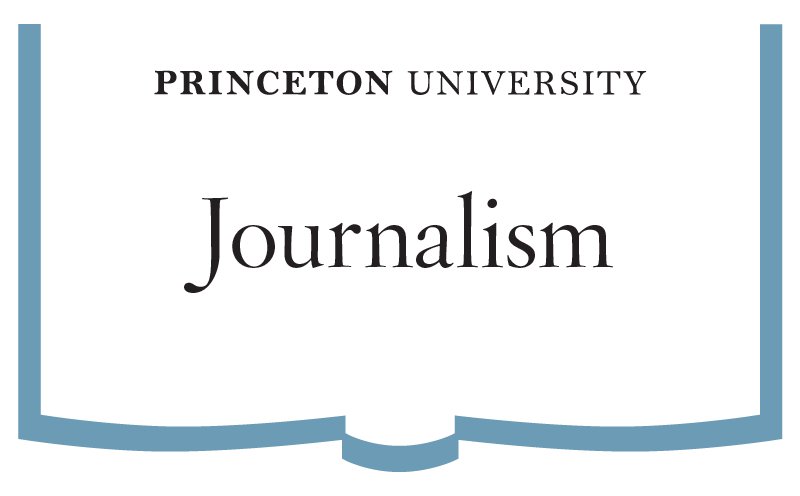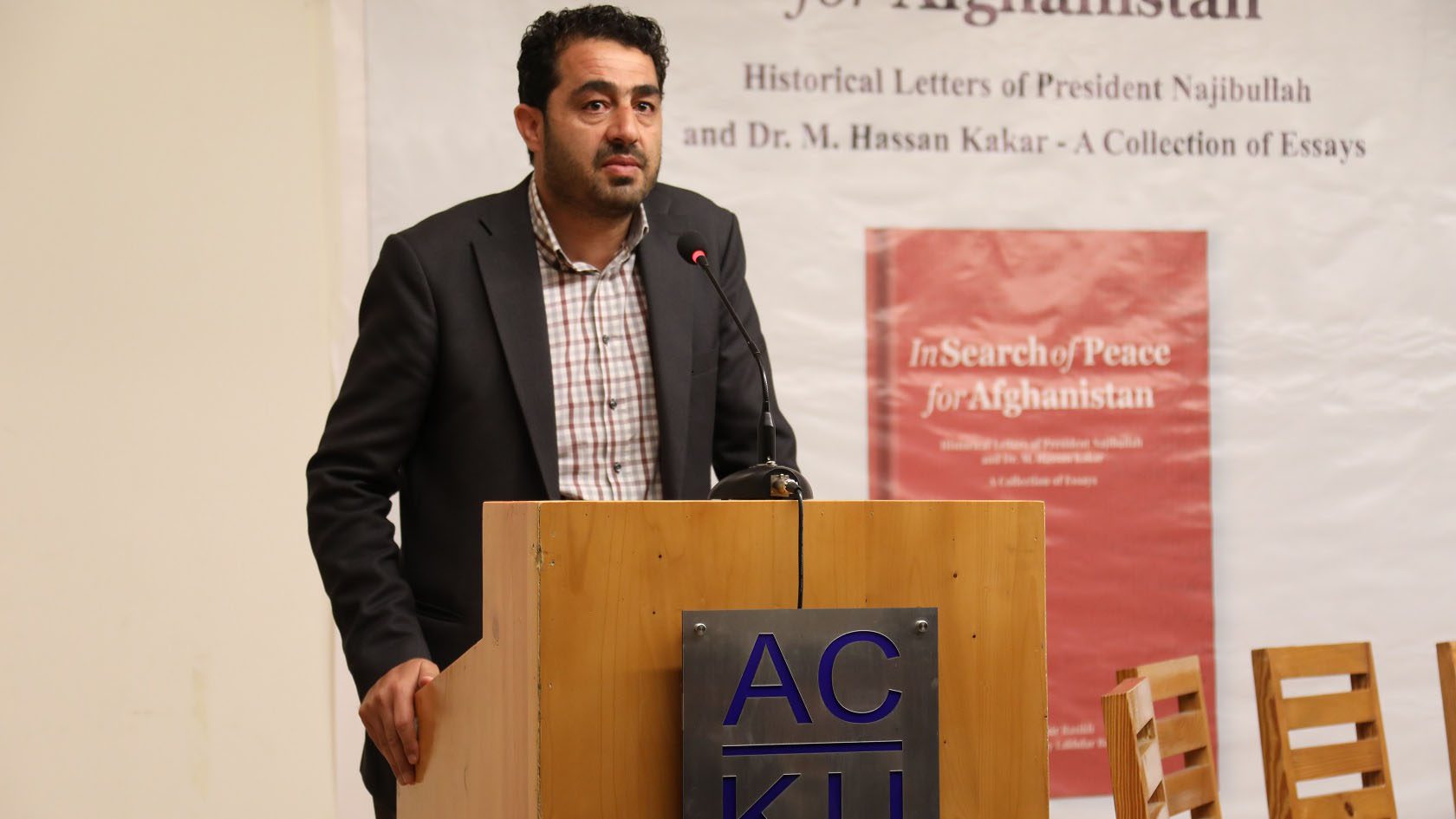By Mary Cate Connors, Communications Manager
Abdul Wahid Wafa, longtime journalist from Kabul, Afghanistan, has joined the Humanities Council and the Program in Journalism as a professional specialist. A seasoned researcher and administrator, he will participate in journalism courses and advise reporting and writing projects about Afghanistan and the surrounding region.
Wafa is the former director of the Afghanistan Center at Kabul University (ACKU), a non-profit research institution and archive. For nearly a decade, he worked as a local reporter for The New York Times based in Kabul.
Wafa and his family arrived in the United States in 2021, after they were evacuated from their home in Kabul in August amid the Taliban takeover.
“In all my life – three generations of our lives; my father, myself, and my children – we had never left Afghanistan. Despite civil war, despite the previous Taliban regime, we always stayed,” said Wafa. “So, for me and my family, leaving our country was a big issue.”
Adapting to life in the United States is “starting from scratch” for Wafa. “But finding an opportunity to be at Princeton, in the Humanities Council and the Program in Journalism, I feel privileged that the first year of my life here will be within a field that I used to work,” he said.
“We are so fortunate to be able to welcome Wahid into the Humanities Council. He’s a seasoned journalist and a gifted raconteur with a deep understanding of Afghan history, culture and politics,” said Esther Schor, chair of the Humanities Council. “His arrival gives our students and colleagues an opportunity to learn a great deal and discover a marvelous human being – a survivor and witness, both.”
Wafa began his appointment at the University in January 2022 and has already started to build a network in Princeton – including faculty, fellow journalists and a community of Afghan diaspora in the area.
“[Wahid] will be a tremendous resource for both students and faculty eager to learn more about Afghanistan, conflict reporting, nation building and the real-time experience of migrants,” said Joe Stephens, founding director of the Program in Journalism. “In his short time here, he’s already proven a real boon to the Princeton community.”
Among his projects, Wafa will join Princeton’s Global History Lab, where he will teach global and oral history alongside a team of Princeton faculty and graduate students as well as colleagues around the world – including Kabul. This summer, Wafa will also support undergraduate students pursuing independent reporting and writing related to the personal stories of Afghan refugees.
“I’m thankful for Princeton, the Humanities Council, the Program in Journalism and all my colleagues here, but also [I’m thankful for] the other universities around the United States who have helped Afghans,” Wafa said. “It really helps to open up a path for many of us who were given these opportunities.”
Wafa holds a degree in law and political science from Kabul University. In 2010-11, he served as a Nieman Fellow at Harvard University, where he studied leadership, democracy, and communication at the Kennedy School of Government.
He hopes that his work in the Council will help elevate Afghan voices and is optimistic about the year ahead.
“I’m starting a new life completely believing the expression we have in Afghanistan that after each darkness there is light,” Wafa said. “I see the light spot.”













